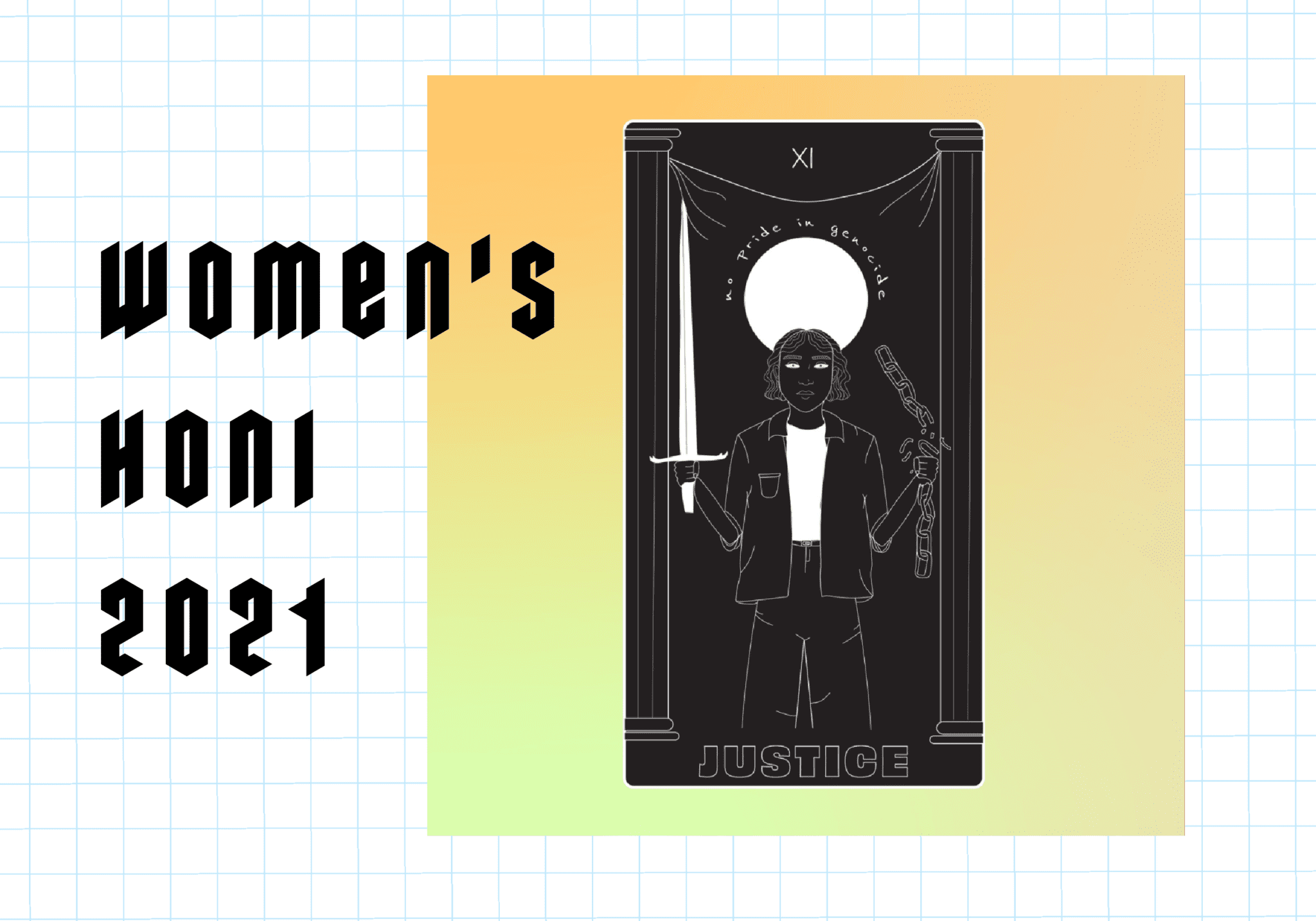CW: Domestic violence, abuse
Ensconced from the public limelight, the nature of domestic violence and its prevalence is largely misunderstood by governments and policymakers. The use of criminalisation in response to domestic violence is particularly misguided given the concurrent worldwide conversation on police and prison violence, sparked by the BLM movement. The violence of the criminal punishment system has been ignored as non-physical domestic violence has garnered public attention amidst the rise of domestic violence incidence under COVID-19 lockdowns. Since last reported in Growing Strong, New South Wales’ concerning efforts to criminalise coercive control have been adopted by other states.
Tasmania is the only Australian state to criminalise non-physical forms of domestic violence, encompassing financial abuse and intimidation. The NSW government has followed with a draft Bill outlining coercive control as inuring a partner to subordination, isolation, hyper-surveillance and arbitrary restriction of freedoms. Although South Australia’s Intervention Order Act 2009 surrounding abuse includes clauses that tacitly reference coercive control, there is still a push from the Marshall Liberal Government to create a Bill that overtly refers to this form of abuse. There is a similar impetus in Victoria, however the Victorian Family Violence Protection Act already includes coercive control in its definition of family violence. These pieces of legislation allow individuals to apply for intervention orders on the basis of coercive behaviours; the breach of such orders constitute a criminal offence. This form of criminalisation is a reactive measure with no proven effect in keeping victims safe. This legislative trend in Australia follows those in the United Kingdom. Yet, comparative laws in the UK have neglected most cases of coercive control. In 2020, a paltry 4.86 % of recorded coercive control instances led to prosecution. This statistic itself neglects the physical and emotional barriers associated with reporting.
In October last year, the NSW Government established the Joint Select Committee on Coercive Control. The committee released its report in June, the recommendations of which included “criminalising coercive control”, “improving current domestic violence laws”, and “improving the policing of domestic abuse”, among others. The report has since been the subject of criticism from Indigenous women who believe that the recommendations, if acted upon, will only aggravate the over-policing of Aboriginal communities.
Noting that law cannot be applied retroactively, this solution also does not deliver justice to prior survivors seeking redress. Carceral approaches to resolving such a complex issue also obfuscate justice in many ways, considering many demographics of women are historically mistreated and abused by the police force; this further inhibits them from pursuing effective support. Many survivors who seek help from the justice system speak of being ‘re-traumatised a second time’. Punitive approaches are also largely ineffective and not conducive to the rehabilitation of perpetrators, hence why legislation is not sufficient in protecting victims and preventing further violence.
Rather than investing in punishment processes, we need to increase funding for domestic violence services. During lockdowns, womens’ shelters also remain open to provide support in a variety of forms to survivors; this is a testament to the tenacity of tireless workers. Ultimately, community-based infrastructures designed to support coercive control survivors bring us one step closer to the goal of a safer environment for everyone, demonstrated by its pernicious escalation during COVID-19. The past two years have seen significant funding cuts to domestic violence shelters and services, with DV West Chief Executive Cat Gander citing the experience of having to turn away 1280 women and children in 2020 in resource slashes that have been felt across the sector.
Ultimately, it is a focus on victim-survivor healing, not retributive punishment, that make local communities, domestic violence and crisis shelters, and other services more holistically effective than criminalising responses. Reliance on the community and its services is crucial where many survivors still face significant barriers to recognising the nature of coercive control, in a world that paints a one-faceted picture of domestic violence and solutions to address it.
If you are in present danger, call 000. You can contact the National Domestic Violence hotline on 1800 RESPECT (1800 737 732) or use the 24-hour chat service, https://www.1800respect.org.au. For crisis assistance and shelter for women and girls escaping domestic violence, visit https://www.wagec.org.au/get-help/.





